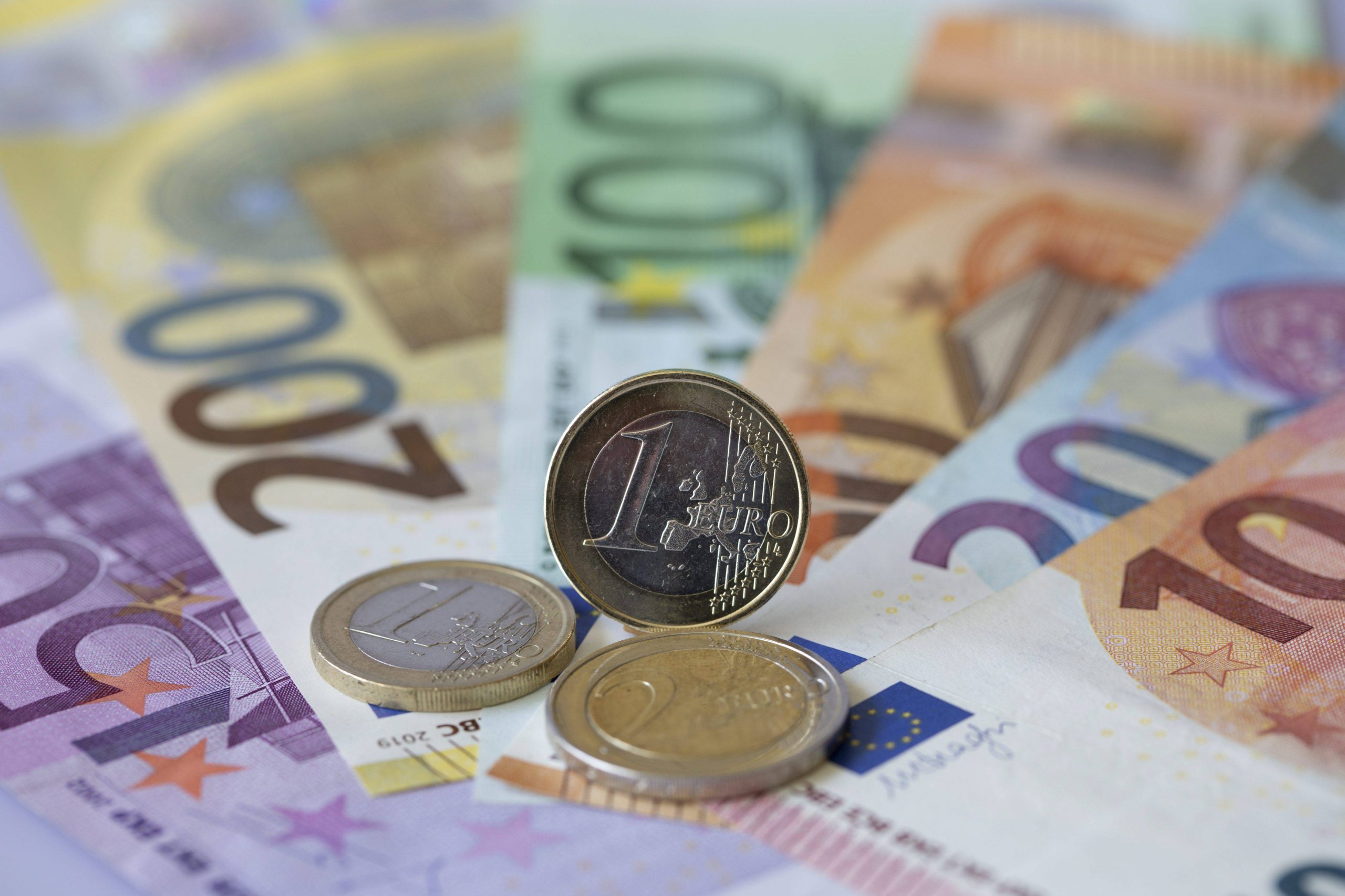SPAIN’S Tax Agency has a system in place to monitor large movements of money via banks to prevent tax fraud and money laundering.
Fines are in place to penalise any illegal activities.
Banks are legally obliged to inform tax authorities of deposits and withdrawals if they exceed a certain amount.
READ MORE:
- Super scammer made €2.7m from multiple cons in Spain by using 55 identities to open 364 bank accounts
- This is how much cash you should be keeping in your home – according to the Bank of Spain

If they are deemed as ‘suspicious’ by the Tax Agency, they could be investigated and sanctioned if a legitimate source of money cannot be proved.
Large transfers are not prohibited but the system is meant to flag them up- in case something illegal is going on.
If you want to make a cash deposit of more than €1,000, it has to be done in person at a bank with the account holder providing identification.
Banks have to report deposits or withdrawals of more than €3,000 or when €500 notes are used.
The maximum limit of cash that can be moved within Spain is €100,000 and if such an amount or more is deposited or withdrawn, it has to be declared through form S1.
In regard to transfers of €6,000 or more, the Tax Agency has to be notified by the bank that such an operation has been carried out.
If the amount is greater than €10,000, the account holder will have to prove where the money came from.
The General Tax Law has three different levels of infractions, depending on their seriousness and the corresponding fines are as follows:
- Minor: If the basis of the sanction does not exceed €3,000, or is higher, and there are no indications of concealment. The fine is up to 50% of the amount.
- Serious: If the basis of the sanction exceeds €3,000 and there is concealment. The fine ranges from 50% to 100% of the amount.
- Very serious: If fraudulent methods are used, the penalties are between 100% and 150% of the amount.
Click here to read more Spain News from The Olive Press.








